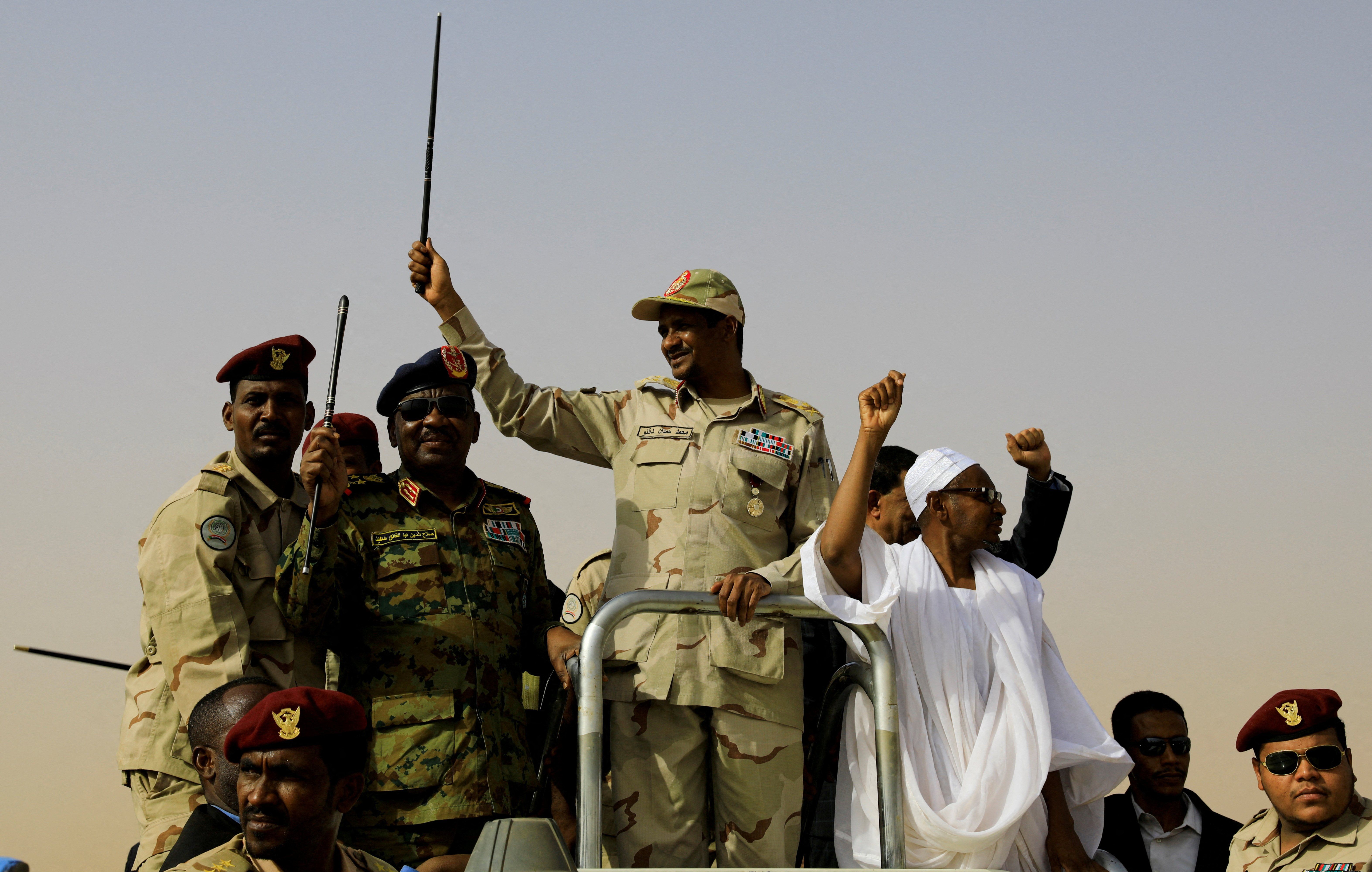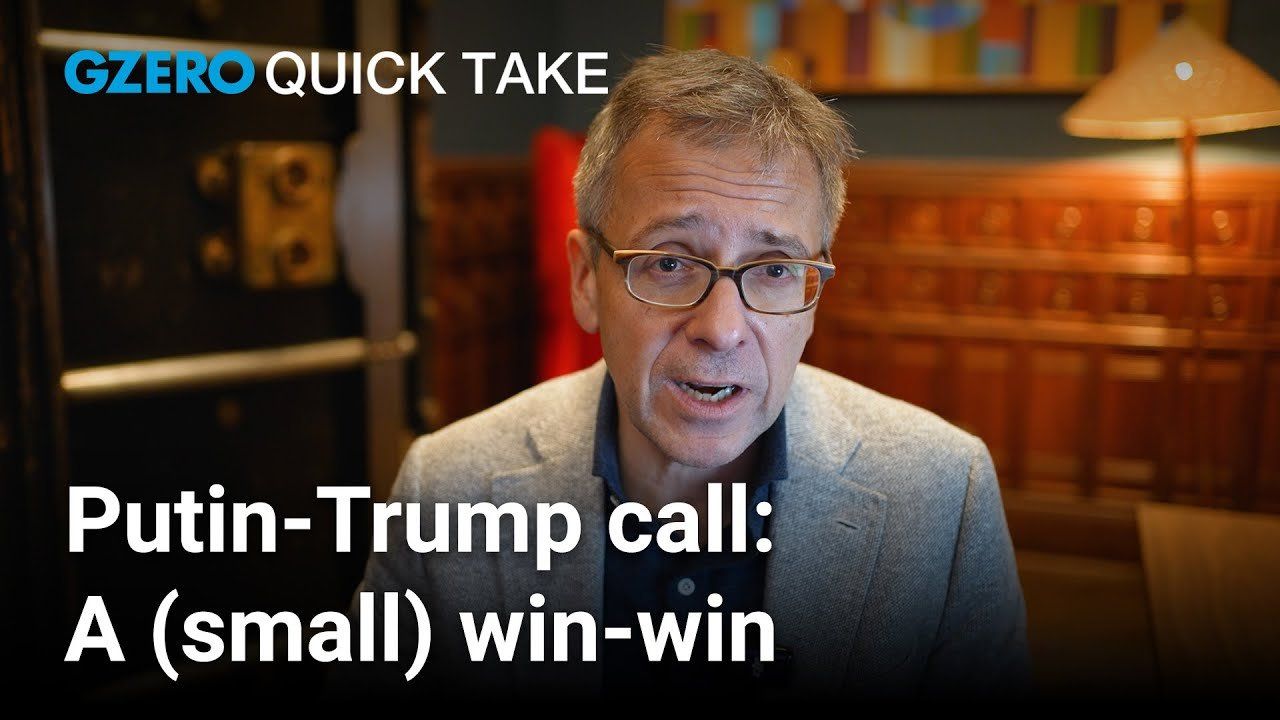Six months into the civil war in Sudan – which has killed 9,000 people and displaced over 5 million – the armed forces and their paramilitary enemies in the Rapid Support Forces have resumed peace talks in Jeddah, Saudi Arabia.
Representatives from the United States, Saudi Arabia, and the African Union’s Intergovernmental Authority on Development are moderating the talks, and they set modest expectations. “The talks will not address broader political issues,” according to the US State Department, and instead are focused on setting up cease-fires, humanitarian corridors, and confidence-building measures that will eventually lead to “permanent cessation of hostilities.”
Neither side seems prepared to make concessions that would end the war, but a temporary pause in the fighting likely serves both of their military interests. Six months of war has taken a toll on their armies without scoring a decisive blow, and the conflict may now shift to lower intensity. Their interest in a pause has more to do with rearming and reorganizing for another push than bringing relief and organizing a permanent peace.
Eurasia Group Africa analyst Connor Vasey says that while a temporary arrangement may emerge from Jeddah, the war will drag on. “So far, there is limited – if any – reason to believe that either side has hit a wall in terms of fighting spirit,” he says. “Inasmuch as some frontlines may be solidifying and forcing the two ‘big men’ to rethink their aspirations in the conflict, both will see continued fighting as a way to gain leverage in any mediated talks.”


